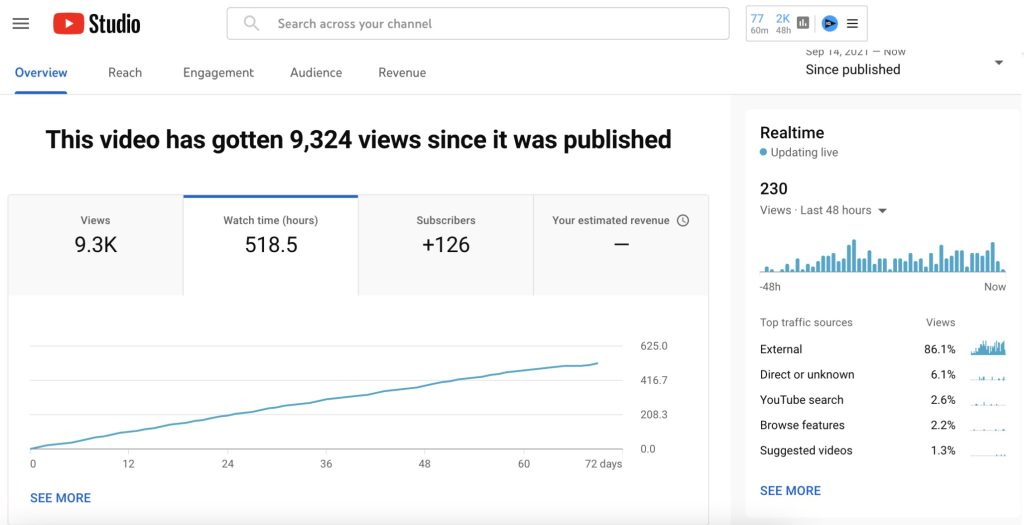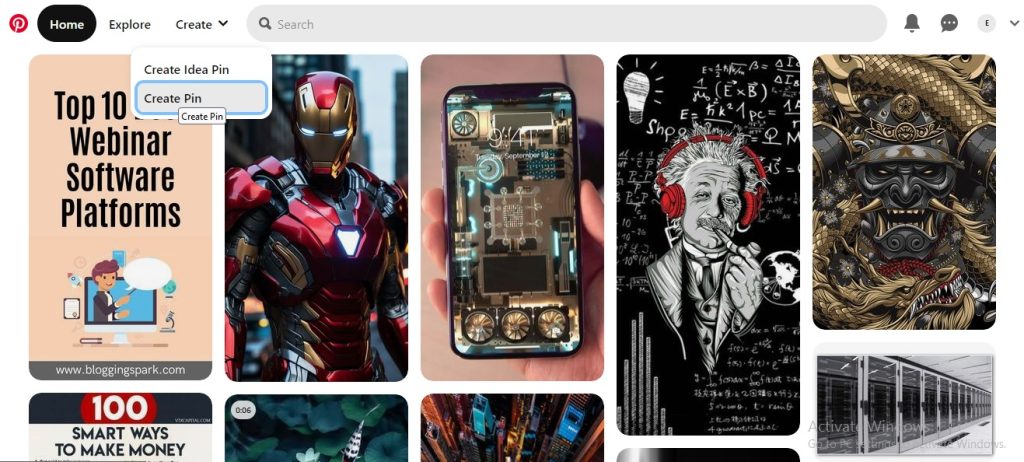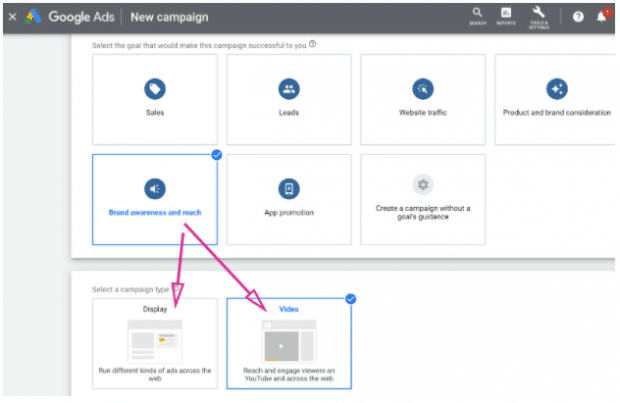social media relation with seo
In the ever-evolving realm of digital marketing, the symbiotic relationship between social media and search engine optimization (SEO) has become increasingly evident. Social media is no longer just a platform for sharing updates and engaging with your audience; it has become a potent tool for enhancing your website’s search engine visibility. In this article, we will explore the concept of “Social Media SEO” and delve into strategies to harness the power of social media to boost your online presence and SEO efforts.
Understanding Social Media SEO
Social Media SEO, often referred to as “Social SEO,” is the practice of utilizing social media platforms to improve your website’s search engine rankings. While social signals (such as likes, shares, and comments) do not directly impact Google’s ranking algorithms, there are several ways in which social media can influence your SEO strategy:
- Increased Brand Visibility: A strong social media presence helps increase brand visibility, making your website more recognizable. When users encounter your brand across multiple platforms, they are more likely to trust and click on your website in search results.
- Content Distribution: Social media platforms serve as valuable channels for distributing your content. Sharing blog posts, articles, infographics, and videos on social media can drive traffic to your website and improve its SEO performance.
- Backlinks and Citations: When your content is shared on social media, it has the potential to earn backlinks from other websites and citations, both of which are important ranking factors for search engines.
- Social Signals: While not a direct ranking factor, social signals (engagement metrics like likes, shares, and comments) can indirectly influence SEO by indicating user engagement and content quality.
- Local SEO: For businesses targeting local markets, maintaining an active presence on local social media platforms like Yelp and Google My Business can enhance your local SEO efforts.

Strategies for Social Media SEO
Now that we understand the importance of Social Media SEO, let’s delve into strategies to leverage this synergy effectively:
- Optimize Your Social Profiles:
- Complete your social media profiles with accurate information, including your website URL.
- Use relevant keywords in your social media bios and descriptions.
- Consistent Branding:
- Maintain a consistent brand image across all social media platforms, using the same profile picture, cover photo, and brand colors.
- Content Sharing:
- Regularly share high-quality, shareable content from your website on social media platforms.
- Use engaging visuals and compelling headlines to capture attention.
- Engage with Your Audience:
- Respond to comments and messages promptly.
- Encourage discussions and user-generated content.
- Hashtags and Keywords:
- Incorporate relevant hashtags and keywords into your social media posts to increase discoverability.
- Cross-Promotion:
- Promote your social media accounts on your website, and vice versa.
- Encourage your website visitors to follow you on social media.
- Social Sharing Buttons:
- Add social sharing buttons to your website content to facilitate easy sharing.
- Track and Analyze:
- Utilize social media analytics tools to measure the impact of your social media efforts on website traffic and conversions.

Social Media SEO is not a separate entity but an integral part of your overall digital marketing strategy. By strategically incorporating social media into your SEO efforts, you can amplify your brand’s visibility, drive organic traffic to your website, and ultimately improve your search engine rankings.
Advanced Strategies for Social Media SEO Success
While the foundational strategies for Social Media SEO are essential, it’s also important to explore advanced techniques to gain a competitive edge. Here are some advanced strategies to take your social media SEO efforts to the next level:
1. Social Signals and User Engagement
- Prioritize Engagement: Focus on creating content that encourages user engagement. This includes crafting compelling calls-to-action (CTAs), asking questions, and initiating discussions.
- Leverage Video Content: Video content tends to generate higher engagement. Create informative and visually appealing videos that resonate with your audience.
- Live Streaming: Utilize live streaming on platforms like Facebook Live and Instagram Live to connect with your audience in real-time. Live videos often receive more comments and interactions.
2. Influencer Marketing
- Identify Relevant Influencers: Collaborate with influencers in your niche who have a strong following. Influencers can amplify your content’s reach and drive traffic to your website.
- Guest Posts by Influencers: Invite influencers to contribute guest posts or co-create content with them. This can result in valuable backlinks and increased brand visibility.
3. Social Media Advertising
- Paid Social Ads: Invest in paid social media advertising to reach a broader audience. Use targeted ads to direct users to specific landing pages on your website.
- Retargeting Campaigns: Implement retargeting campaigns to re-engage users who have previously visited your website but did not convert. This can lead to higher conversion rates.
4. Social Media Integration with SEO Tools
- Link Social Metrics with SEO Metrics: Use SEO tools that integrate social media metrics. This allows you to analyze the impact of social signals on your search engine rankings.
5. Content Syndication and Repurposing
- Syndicate Content: Share your content on multiple social media platforms, but adapt it for each platform’s audience and format. This expands your content’s reach.
- Repurpose Content: Repurpose existing content into different formats, such as infographics, podcasts, or slideshows. This provides fresh content for social media and attracts a wider audience.Check how social pilot can take a vital role on sharing.
6. User-Generated Content (UGC)
- Encourage UGC: Encourage your audience to create and share content related to your brand. UGC not only builds trust but also provides a steady stream of authentic content.
- UGC SEO: Optimize UGC by incorporating relevant keywords and links. This can improve the discoverability of user-generated content in search results.
7. Social Media Analytics and Optimization
- Advanced Analytics Tools: Use advanced social media analytics tools to gain deeper insights into user behavior and preferences. Adjust your social media strategy based on these insights.
- A/B Testing: Experiment with different posting schedules, content types, and headlines through A/B testing to identify what resonates best with your audience.
8. Schema Markup for Social Profiles
- Schema Markup: Implement schema markup on your website to provide search engines with structured data about your social media profiles. This can enhance your website’s visibility in search results.
9. Influencer SEO Collaboration
- Influencer Content Optimization: Collaborate with influencers not only for their audience reach but also for their SEO expertise. Work with influencers who understand SEO and can help optimize content for search engines.
- Co-Created SEO-Friendly Content: When partnering with influencers, ensure that the content you create together is not only engaging but also SEO-friendly. This includes keyword optimization, meta tags, and internal linking.
10. Social Media Keyword Research
- Keyword Optimization: Conduct keyword research specifically for social media platforms. Use tools like Google Keyword Planner or social media analytics to identify trending keywords and incorporate them into your social media posts.
- Hashtag Strategy: Develop a hashtag strategy that aligns with your target keywords. Create branded hashtags and use trending industry-related hashtags to expand your content’s reach.

11. Pinterest and YouTube SEO
- Optimize Pinterest Pins: If your content is visual or related to DIY, fashion, or recipes, Pinterest can be a valuable platform. Optimize your Pinterest pins with keyword-rich descriptions, titles, and alt text.
- YouTube Video Optimization: YouTube is the second-largest search engine. Optimize your video titles, descriptions, and tags with relevant keywords. Create compelling thumbnails and encourage engagement through likes, comments, and shares.
12. Social Listening and Trendjacking
- Social Listening: Use social listening tools to monitor conversations and trending topics in your industry. Participate in discussions and create content around trending subjects to boost your visibility.
- Trendjacking: When appropriate, leverage trending topics to create content that aligns with your brand. However, ensure that it’s relevant and adds value to the conversation.
13. Schema Markup for Social Sharing
- Social Media Schema Markup: Implement schema markup on your website to optimize how your content appears when shared on social media. This can enhance click-through rates when users share your content.
14. Long-Form Content on Social Media
- LinkedIn Articles: LinkedIn allows you to publish long-form articles. Create in-depth, informative articles on LinkedIn that link back to relevant pages on your website.
15. Social Media Influencing Google Knowledge Panels
- Knowledge Panel Optimization: Ensure that your brand’s Knowledge Panel on Google displays social media profiles. This increases your brand’s credibility and provides more avenues for users to discover your social media presence.
16. Geo-Targeted Social Content
- Geo-Targeting: For businesses with physical locations, geo-targeted social content can enhance local SEO. Share location-specific content, promotions, and events on social media to attract local audiences.
17. Collaborative SEO Efforts
- Interdepartmental Collaboration: Foster collaboration between your social media and SEO teams. Align your efforts to ensure consistency in branding, messaging, and keyword targeting.
18. Mobile Optimization for Social Media
- Mobile-Friendly Content: Given the prevalence of mobile users, ensure that your social media content is mobile-friendly. Use responsive designs and consider mobile users when optimizing landing pages linked from social media.
19. Performance Monitoring and Adaptation
- Real-Time Adjustments: Continuously monitor the performance of your social media SEO efforts. Be







